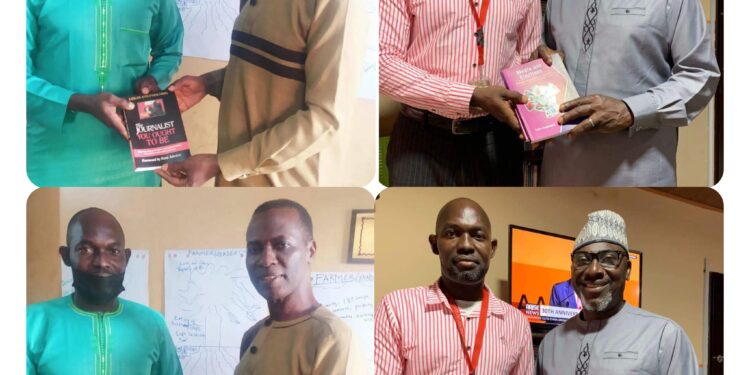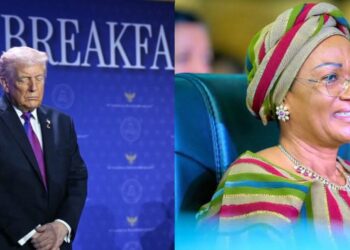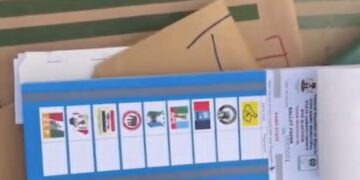The Books Every Journalist Needs Before Covering the 2027 Elections
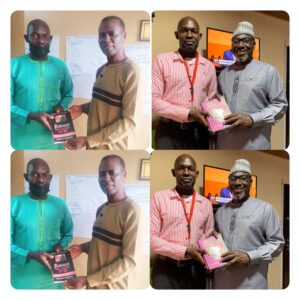
By Ibrahim Kegbegbe
As a student at the Nigerian Institute of Journalism, two encounters shaped my vision of what it truly means to practise journalism in a country as complex as Nigeria. They came in the form of two books—The Journalist You Ought to Be by Lekan Otufodunrin and Media and Elections by Lanre Arogundade—personally handed to me by the authors themselves, two veterans whose careers span decades of reporting, editing, training, and defending press freedom.
These books are more than pages and ink; they are roadmaps. Otufodunrin, with over 30 years in the newsroom and now Executive Director of the Media Career Development Network, lays out the ethical, professional, and personal standards that transform an aspiring reporter into a complete journalist. His insights are not romanticised tales of journalism but practical, tested principles—how to uphold integrity, how to adapt to changing media landscapes, and how to never lose sight of the public trust you hold.
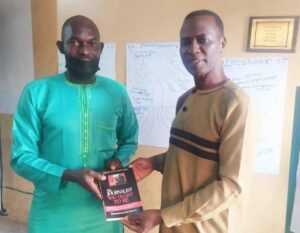
Arogundade, Executive Director of the International Press Centre and a fierce advocate for press freedom, takes a more specialised approach in Media and Elections, guiding journalists on navigating the minefield of political coverage. His work reminds us that covering elections is not just about reporting campaign speeches or announcing results—it is about safeguarding democracy. It is about fairness, accuracy, balance, and an unflinching commitment to truth, even when the pressure from politicians, security agencies, or even editors threatens to bend the narrative.
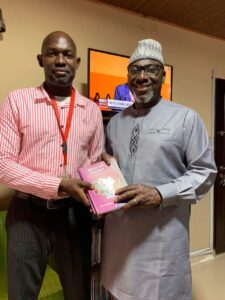
READ ALSO:K1 Apologises Over Abuja Airport Drama, Denies Alcohol Claim
As Nigeria looks toward the 2027 elections, these lessons are not optional; they are essential. Our political terrain is turbulent, our electorate diverse, and our democratic institutions still fragile. Journalists who will cover these elections successfully must prepare far ahead of time. That preparation is not just about having a press card or knowing how to take notes at rallies—it is about mastering the principles in these two books.
The journalist you ought to be understands the weight of their role in a democracy, refuses to be a willing tool in the hands of political actors, and approaches every election with discipline, humility, and courage. The journalist who will cover elections effectively understands electoral laws, human rights, the mechanics of voting, and the subtle manipulations that can occur before, during, and after ballots are cast.
With 2027 on the horizon, newsrooms must invest in training, mentorship, and access to resources like these books. We must cultivate a culture where journalists don’t just “cover” elections but understand them—where they report in ways that enlighten voters, hold power to account, and protect the integrity of the process.
READ ALSO:Peter Obi and the 439 Million Lie (Video)
In my own journey, I was privileged to shake hands with Otufodunrin and Arogundade, to look them in the eye as they passed me their works. But the true privilege is in applying their lessons. As the next election cycle approaches, every journalist must ask: Am I the journalist I ought to be? And if not, there’s still time to become one.


